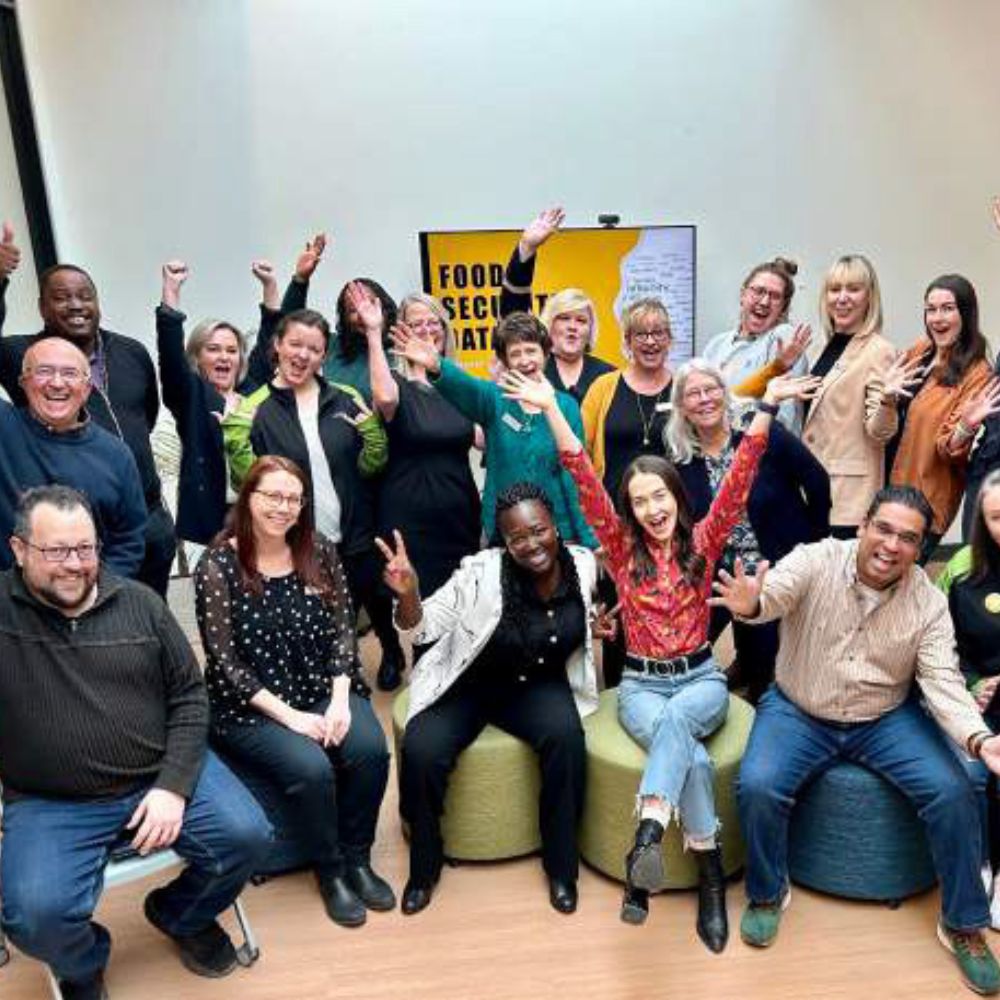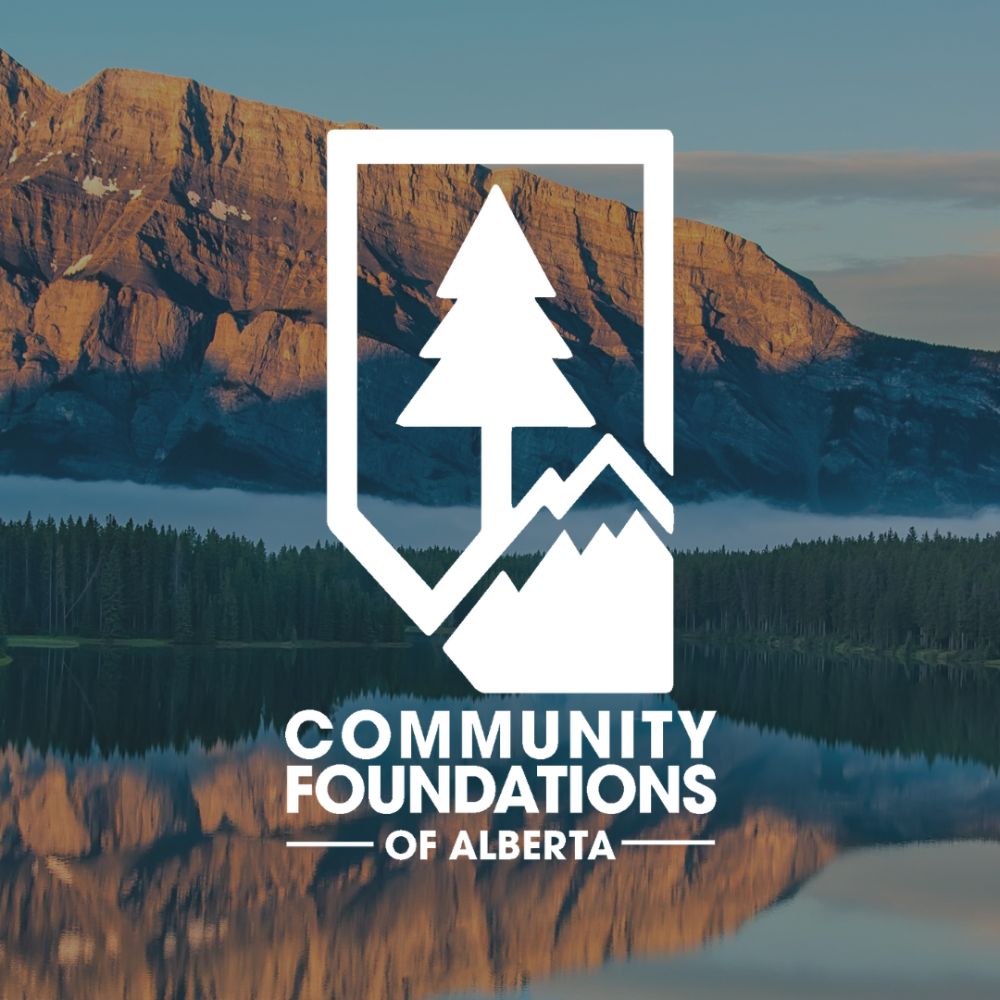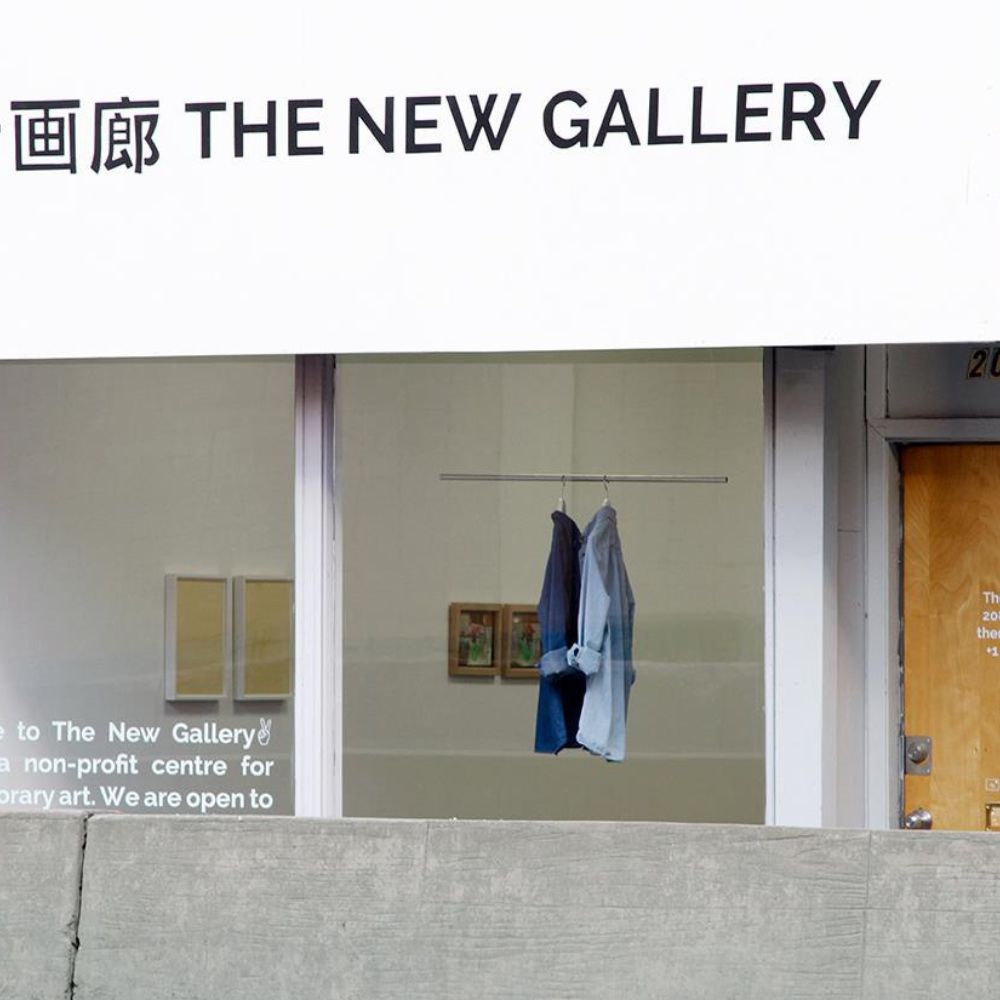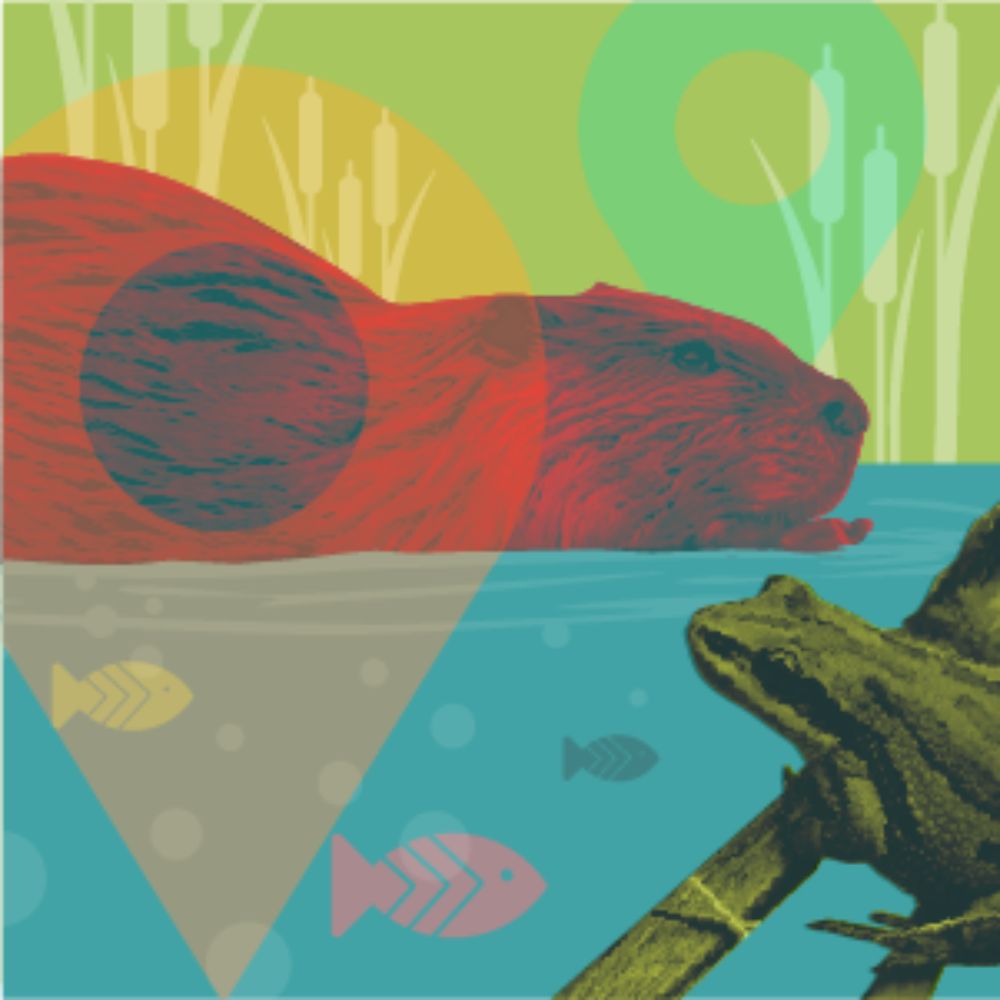Ways Calgary Foundation can support charities beyond grantmaking
Calgary Foundation recognizes the importance of evolving its role to address systemic issues for a healthier community. Our capacity building efforts aim to:
- Foster collaboration and communication
- Enhance sustainability of nonprofits and charities
- Promote sharing over competition
- Supporting charities with revenue diversification using the Foundation’s endowment model
Examples of Capacity Building work in community below.

social innovation labs
Approaches to complex community problems to build strategies, test ideas and transform systems.

Collaboration for Systems Change
Systems change requires working together to address root causes. Partnering with The Alex Community Food Centre, we are supporting regional advocacy efforts for food security.

Strengthening the Performing Arts Sector
Working with the Department of Canadian Heritage, we help performing arts organizations with matching funds to build endowments, providing investment income in perpetuity.

Community Foundations of Alberta
Working in collaboration to facilitate philanthropy, partnerships and learning, Community Foundations of Alberta supports donors and charities across the province.

The New Gallery
The New Gallery set out to develop a five year strategic plan to ensure the organization was working towards a stronger, more resilient future.

Miistakis Institute
Because Miistakis has no core funding, instead being funded almost solely on a project by project basis, a long-term pooling agreement became the focus of further discussions.
Questions about support beyond grantmaking?
Reach out to Allison Schulz, Vice-President, Capacity Building
Connect with AllisonSector resources and collaboration opportunities.
If you work for a Calgary-based charity or nonprofit, start exploring the CKC Members’ Corner.
Create your account